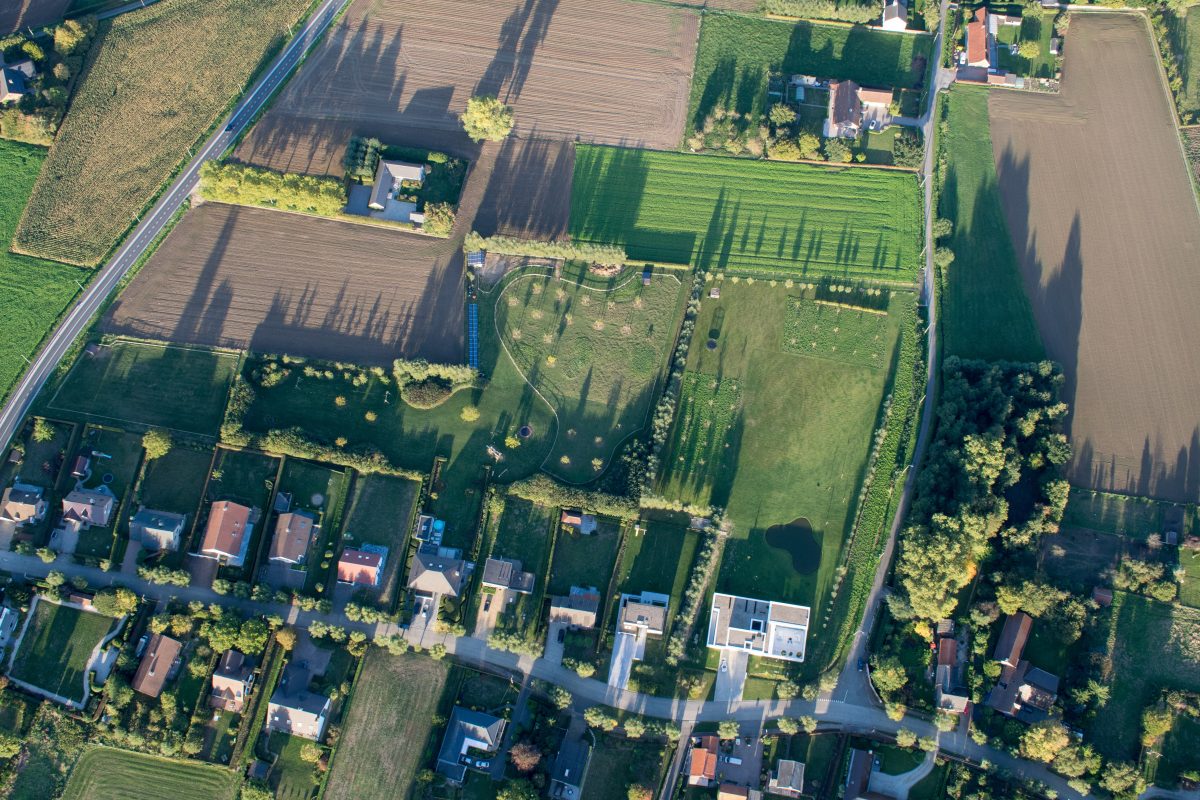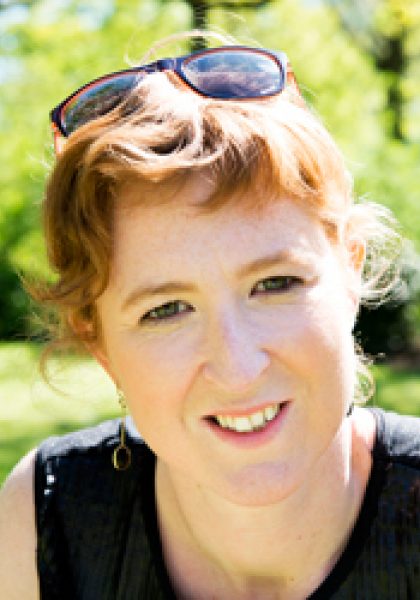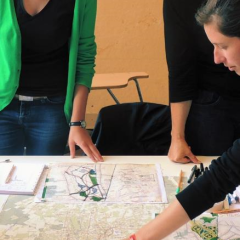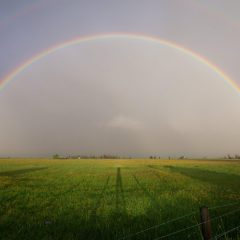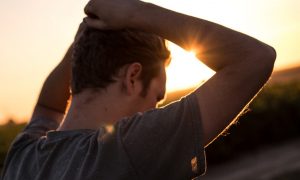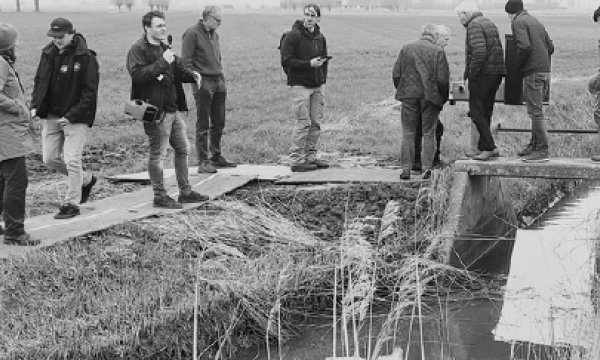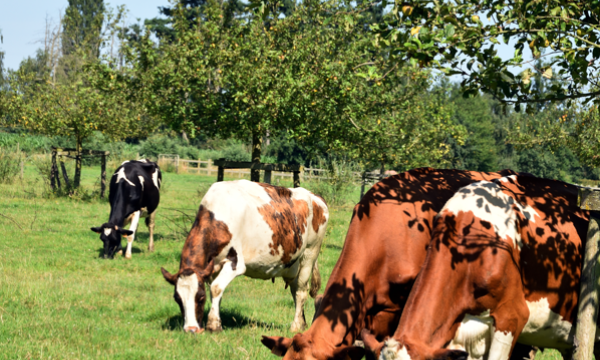Theme Farming and rural areas within an urbanized society
ILVO wants to work towards a livable countryside, with room for agriculture, nature and forest in both the literal and figurative senses of the word. Just as in other European regions, our countryside is experiencing fast and strong urbanization. The pace is hardly slowing down, despite the measures that have been taken. The phenomenon has an enormous impact on the countryside and its users. What emerges is a peri-urban area, with both rural and urban characteristics. The wealth of functions present in such a periurban area offers opportunities but also leads to conflicts. Urban desires such as rest and relaxation, recreation, tourism, private space and exclusive living put pressure on the more traditional functions of agriculture, nature and forest.
